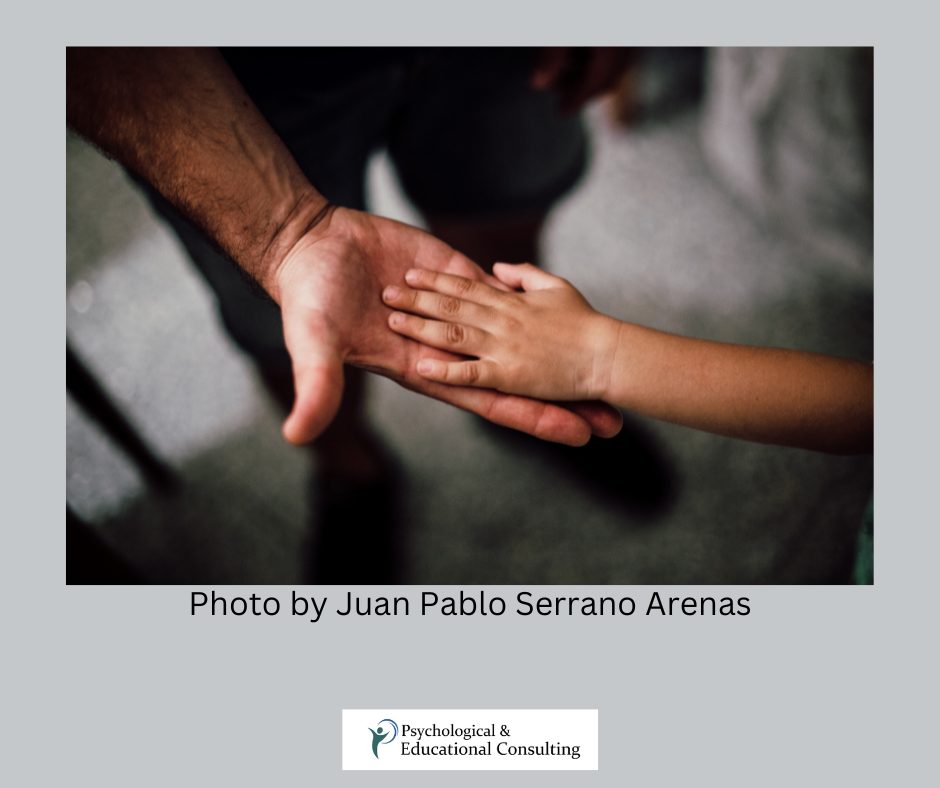
Helping Your Empathetic Child Manage Big Feelings
written by Dr. Liz Matheis, posted on Psychology Today
I don’t know about you, but in my house, my children and I have big feelings. As an empath who has three empathic children, our interactions and emotional experiences are a bit more intense than most. Dr. Judy Orloff defines an empathic person as one who is deeply in tune with the feelings of others in their environment. She further describes an empath as an “emotional sponge who absorbs both the positivity and the stress of people and the world.”
Empaths process the emotional tone and energy of those around them, whether they want to or not. This also means that the “energy battery” drains quickly, which can lead to overstimulation by one’s thoughts and environment. For example, a child or person who is at school or work may find that within an hour or a few hours, people’s voices and lights may feel like “too much.”
For our children who are empathic, their nervous systems are also wired a bit differently. Jean Decet and Yoshiya Moriguchi found that the limbic system, the part of the brain responsible for processing emotion, has more complex neuronal connections in the brains of people who are highly empathic (BioPsychoSocial Medicine, 2007). Jen Granneman and Andre Solo stated that the empathic brain connects emotion with action. Thus, if another person is observed to be in distress, the empathic person will feel compelled to help rather than observing alone.
